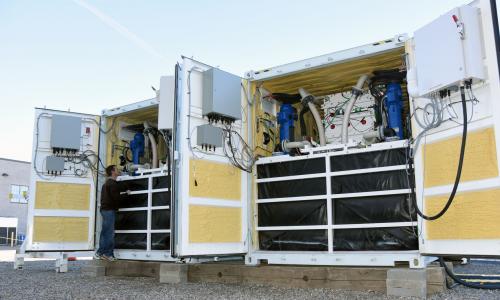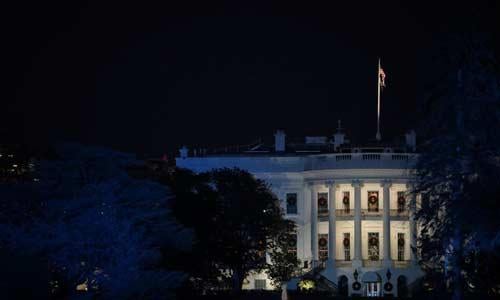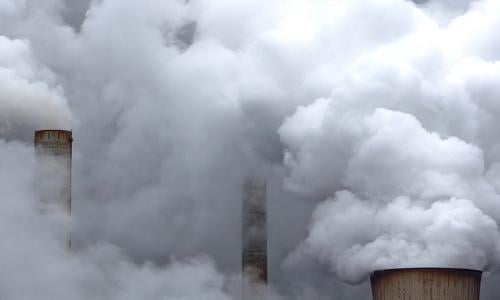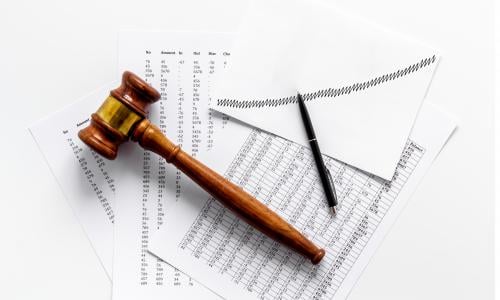One of the keys to achieving high levels of renewable energy on the grid is the ability to store electricity and use it at a later time.
Energy storage lets individuals and communities access electricity when they need it most, like during outages. It also reduces demand for electricity from inefficient, dirty plants that are often located in low income and minority communities. Those communities would benefit the most from policies that make energy storage accessible.
The toxic pollution from the dirtiest and least efficient power plants hurt the health of people living near them, making bad air quality worse at times when energy demands are high. But batteries charged with clean solar or wind energy can replace those plants and improve the neighboring communities' air, water, and their residents' quality of life.
This policy brief provides lawmakers with detailed plans for giving underserved communities equitable access to energy storage.
From helping states set storage targets to detailing tax incentive strategies, this brief outlines clear, actionable ideas for policies that avoid pitfalls and build on past successes. Not only can these strategies help underserved communities equitably access clean, affordable energy, they may also help drive innovation and boost economic growth across the country by creating high-quality jobs.
Downloads
Citation
Richardson, Jeremy. 2019. How to Ensure Energy Storage Policies Are Equitable. Cambridge, MA: Union of Concerned Scientists. https://ucsusa.org/resources/equitable-energy-storage




